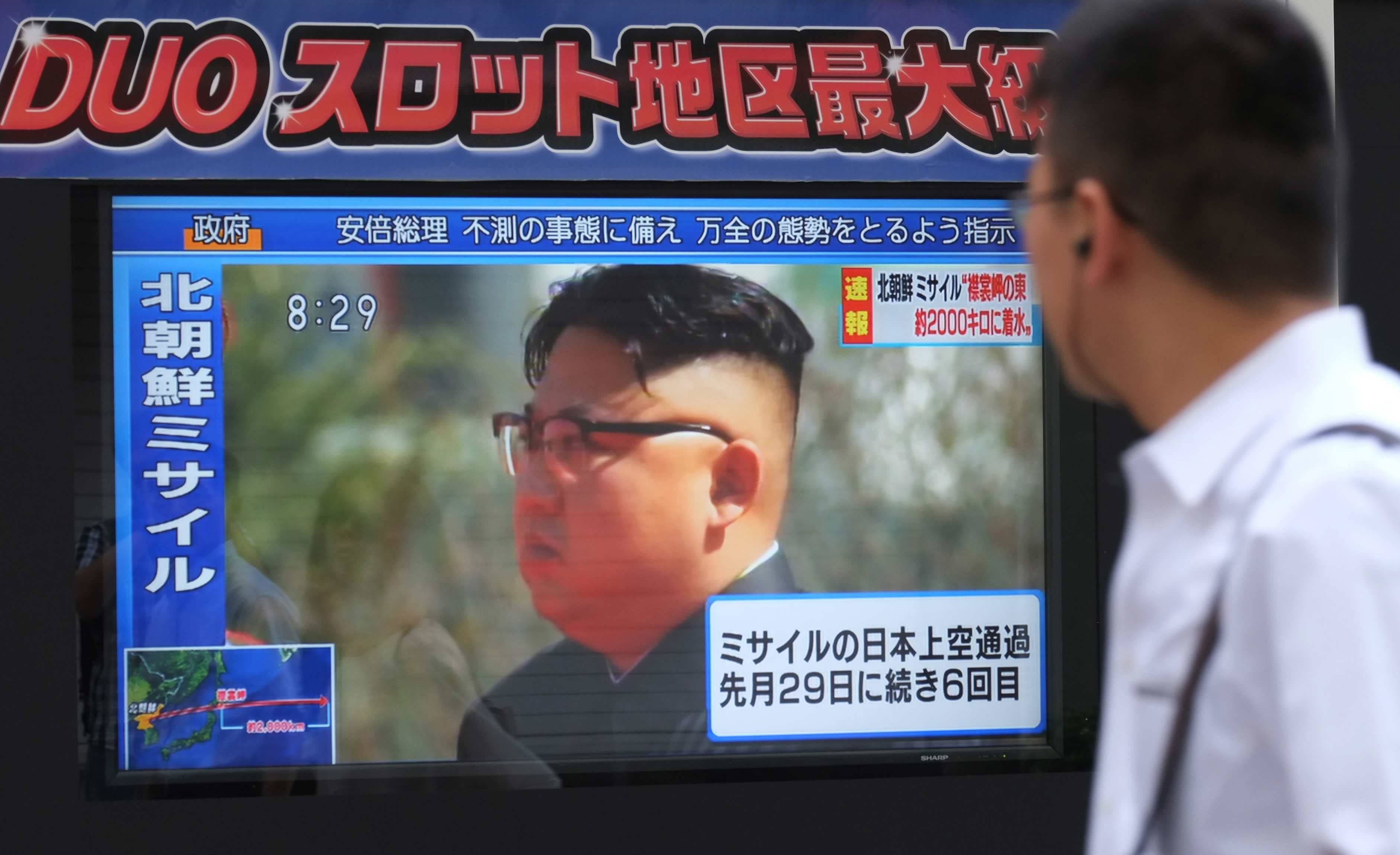
Opinions
15:21, 19-Sep-2017
Opinion: Beijing, Washington jointly shape new order in Asia-Pacific region
By Jin Canrong from Global Times

US President Donald Trump has been perplexed by thorny issues recently including Pyongyang's nuclear crisis, his controversial Afghanistan policy and unprecedented dissent within his administration.
Some argue the US, with its ability to strategically handle global affairs disrupted, will gradually divert its attention from the Asia-Pacific region and, as a result, China will supplant the US to become the region's predominant power.
The future geostrategic pattern in the Asia-Pacific region has triggered widespread discussions.
Despite setbacks, the US will maintain its predominant status in the region in the foreseeable future. China, as a rising power, is more involved in regional affairs and gradually gaining influence. But China has no intention of dominating the region.
It may take long for China to surpass the US in terms of regional influence given the latter's historical status in the area.
The US entered the Asia-Pacific region a long time ago as an imperial power. Meanwhile, the US alliance system is another key reason for Washington's strong predominance.
There is even speculation that Washington, by strengthening its military presence in the region using the excuse of Pyongyang's nuclear crisis, is promoting the establishment of an "Asia-Pacific NATO" which includes the US, Japan, India and Australia as its main members.

A TV news report showing DPRK leader Kim Jong Un, in Tokyo on September 15, 2017, following the country's missile test that flew over Japan. /AFP Photo
A TV news report showing DPRK leader Kim Jong Un, in Tokyo on September 15, 2017, following the country's missile test that flew over Japan. /AFP Photo
Unlike North America, Australia and Latin America, the Asia-Pacific region has been challenged by structural conflicts - North Korea insists on its nuclear and missile tests regardless of UN sanctions; US warships sail within 12 nautical miles of Chinese territory in the South China Sea from time to time to stir up trouble; territorial disputes between China and Japan in the East China Sea have been simmering a long time. But so far, these conflicts have been tamped down under effective control.
China has played a vital role in maintaining regional stability. The Chinese government has focused its attention on economic development since reform and opening-up, and has been attempting to settle disputes by peaceful means. The country spares no efforts in advocating talks to address the North Korean nuclear crisis, South China Sea disputes and other regional conflicts.
In the meantime, Beijing has handled its relationship with the US in the Asia-Pacific region well. Despite bumps and stumbles, the Sino-US relationship has generally been developing along the right track.
While Trump threatened to adopt tough trade policies toward China on his campaign trail, the president has been touting the "great chemistry" with his Chinese counterpart President Xi Jinping after their Mar-a-Largo meeting.
A stable Beijing-Washington relationship, to which China has significantly contributed, is of vital importance for the stability and development of the Asia-Pacific.
The 21st century has witnessed the rise of developing countries. China-represented emerging countries are seeing increasingly significant status in the world and this may contribute to the establishment of new order in the Asia-Pacific region.
China pursues a fairer order that gives developing countries an equal say in regional and international affairs. The Asia-Pacific region, with a rising China, will see developing counties more engaged in regional affairs.
But given Washington's predominant status, Beijing-led regional orders will coexist with those dominated by Washington for a long time to come in the Asia-Pacific region.
(This piece was originally published in Global Times. The author is the vice director of the School of International Studies at Renmin University of China. The article reflects the author's opinion, and not necessarily the views of CGTN.)
Source(s): Global Times

SITEMAP
Copyright © 2018 CGTN. Beijing ICP prepared NO.16065310-3
Copyright © 2018 CGTN. Beijing ICP prepared NO.16065310-3